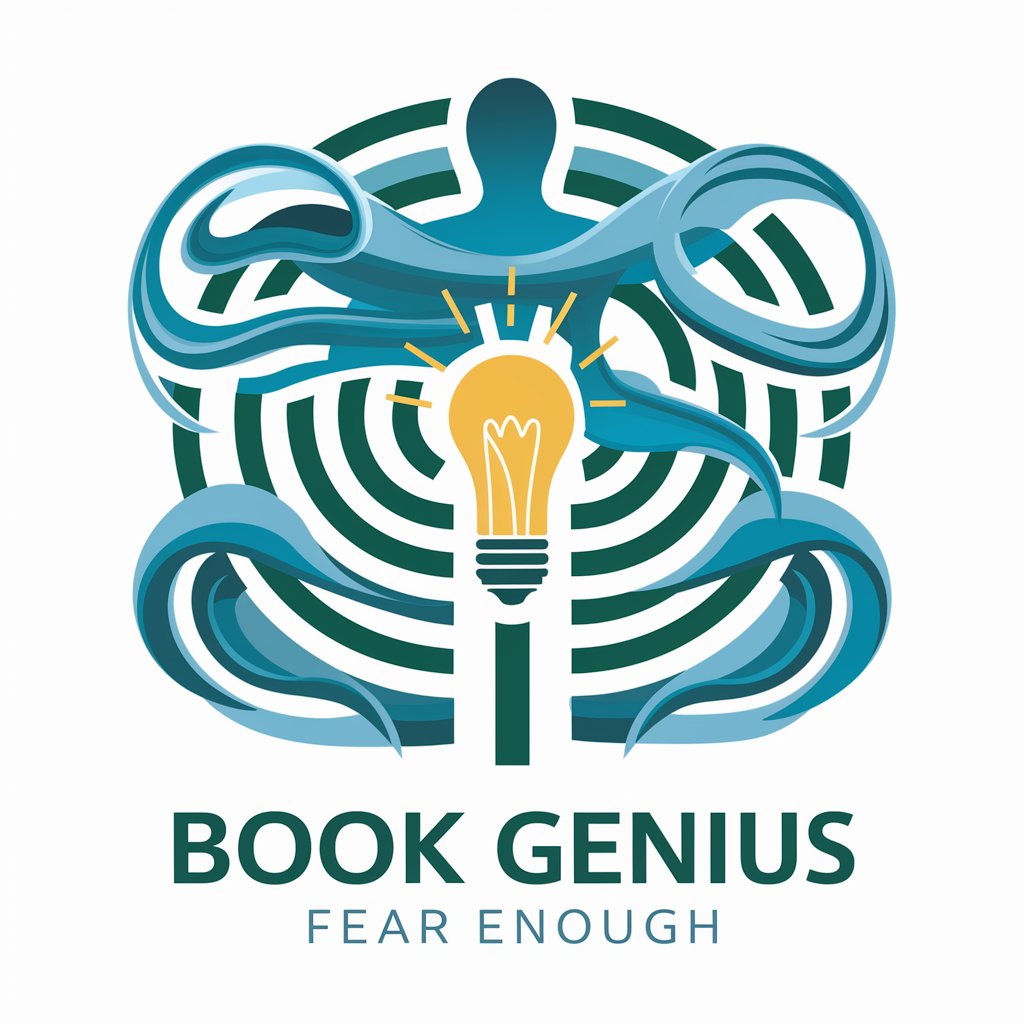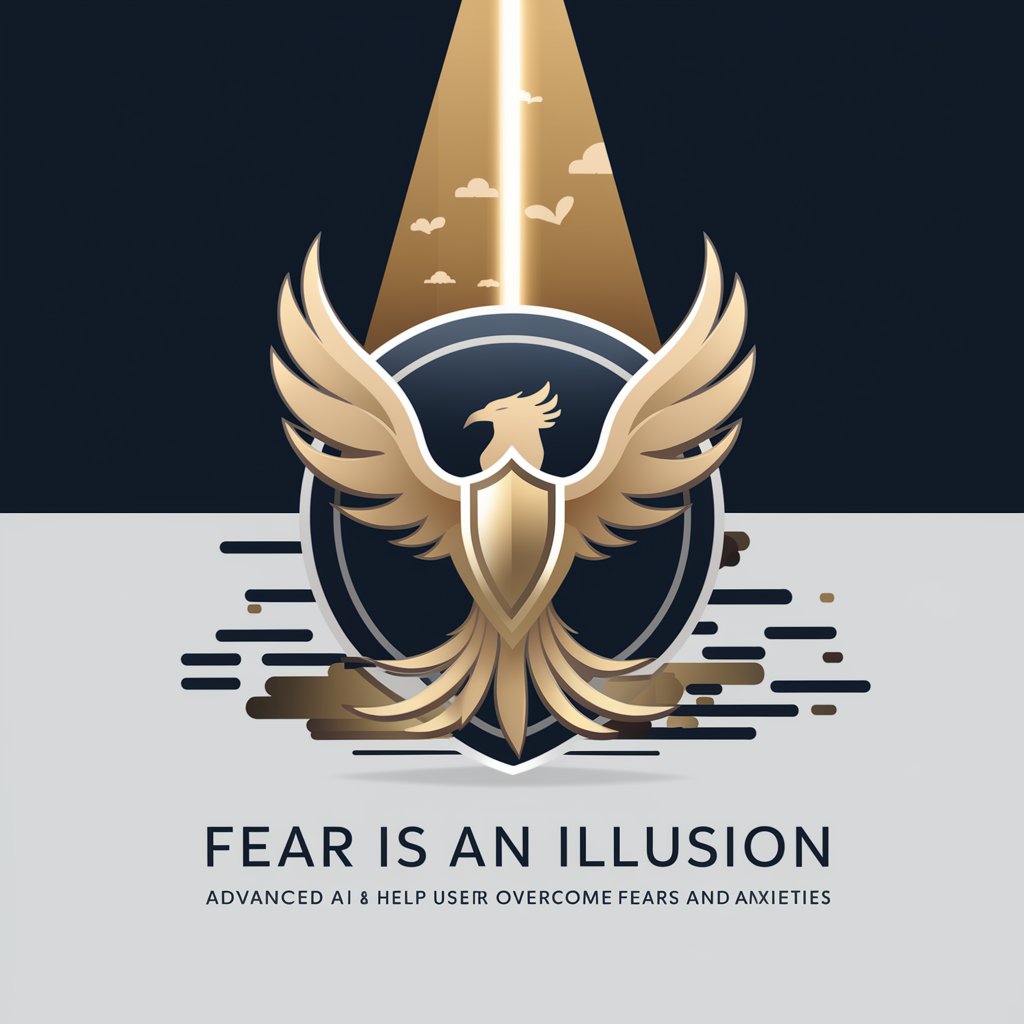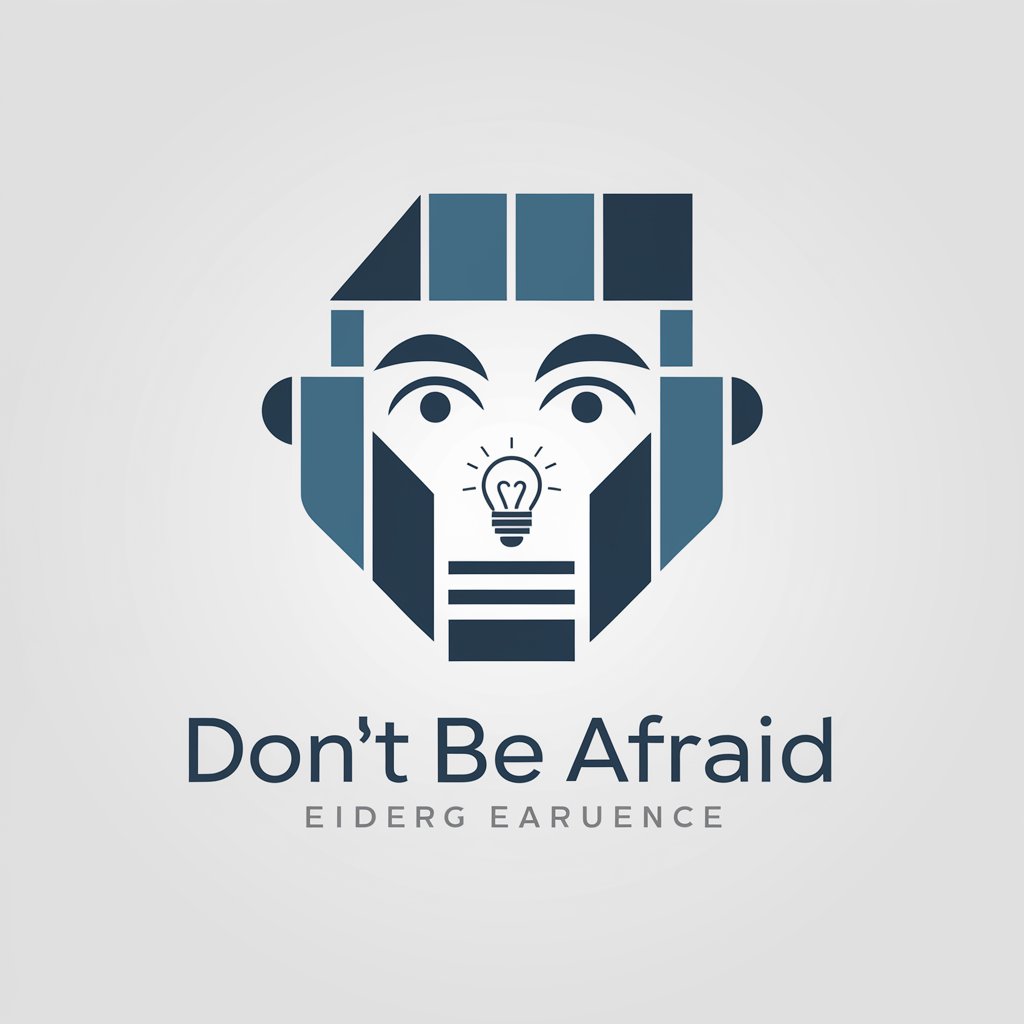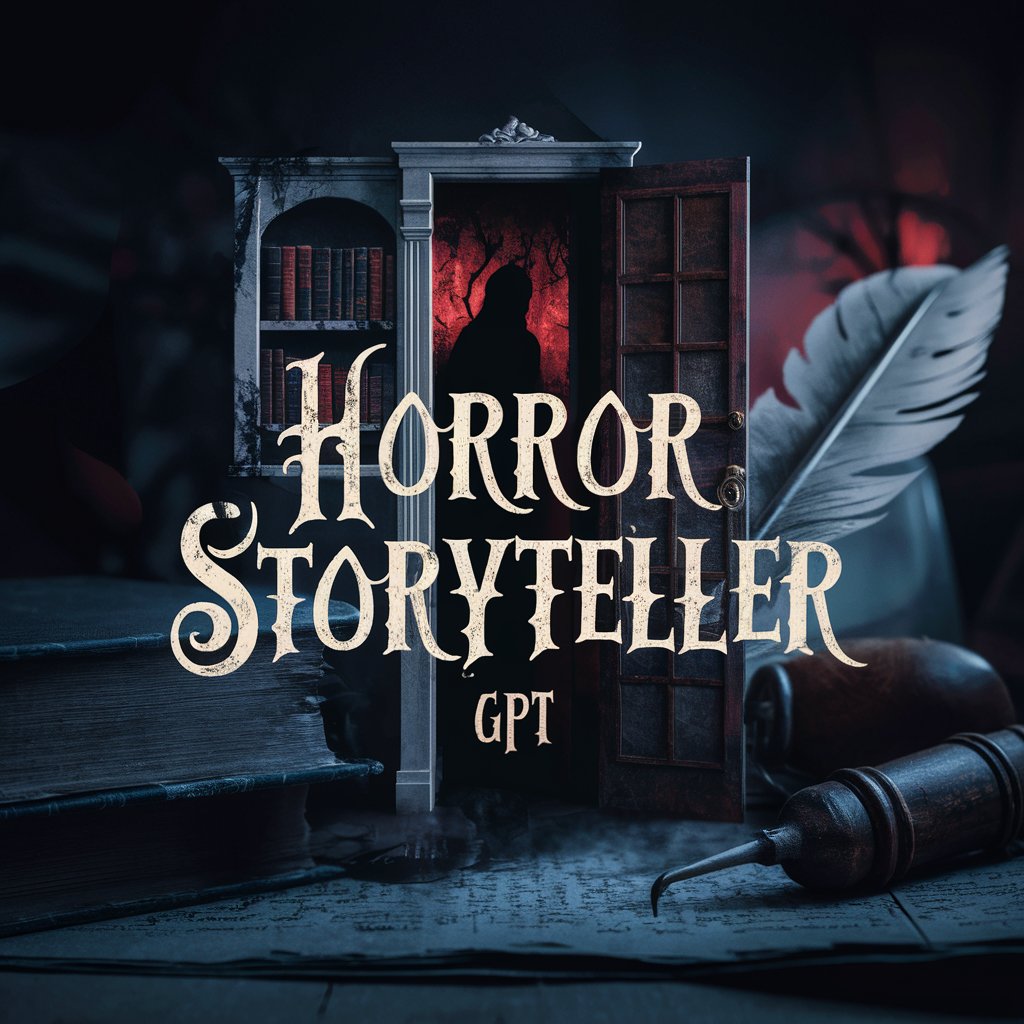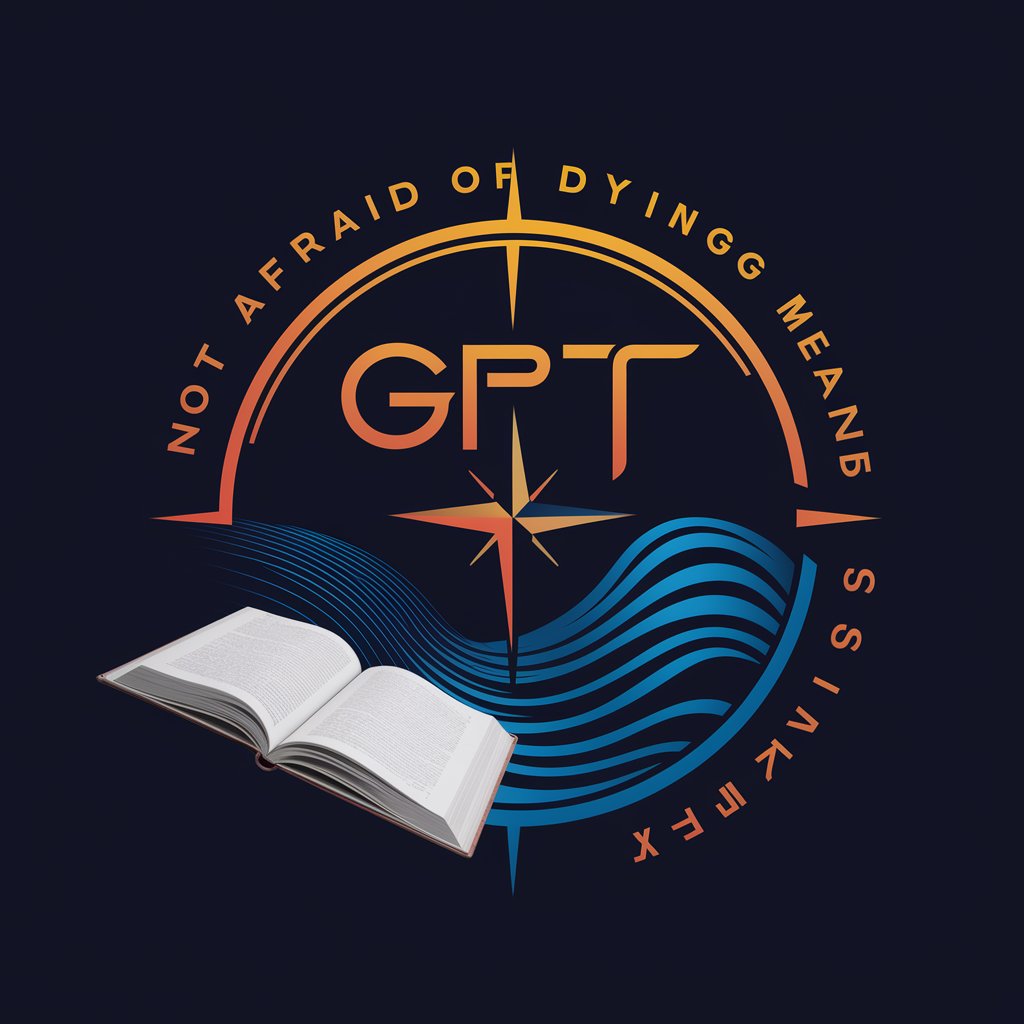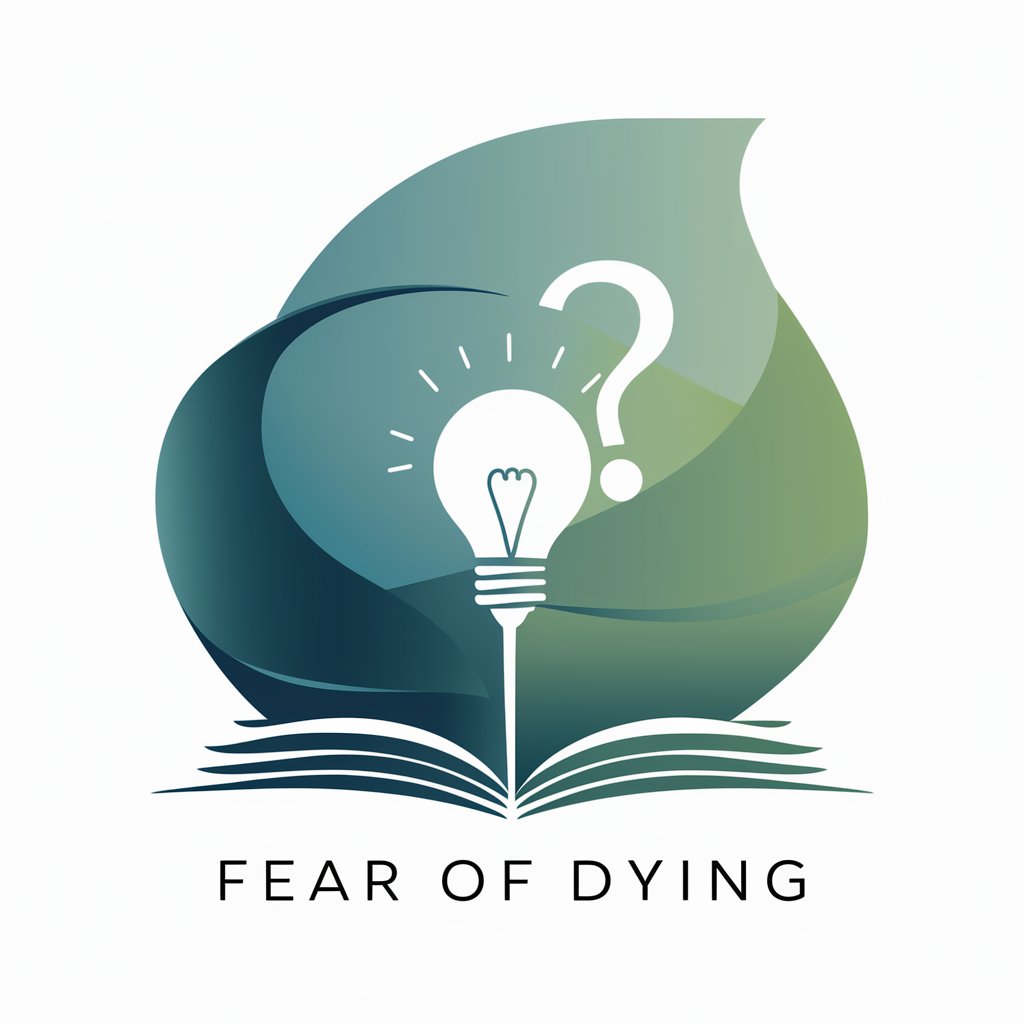
What are you afraid of? - Fear and Phobia Support
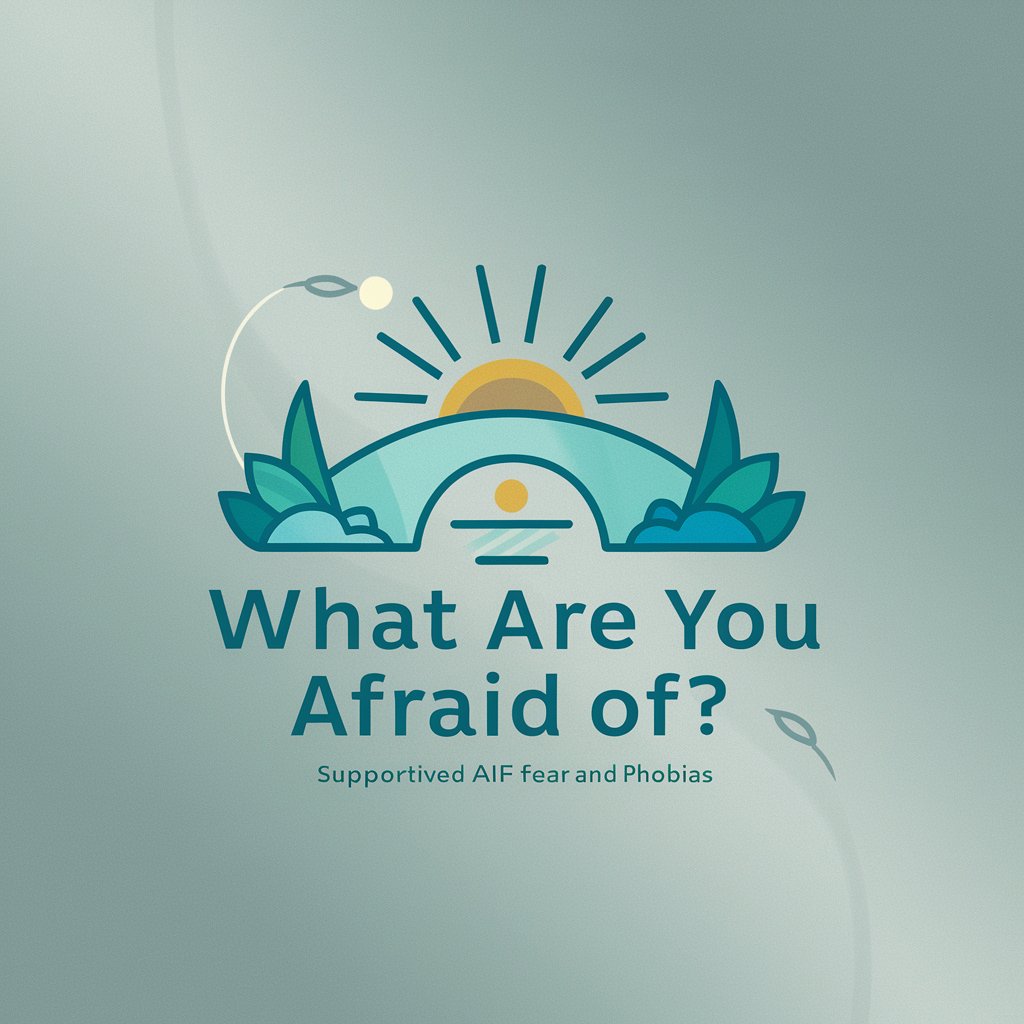
Hi there! Ready to tackle some fears together?
Empowering you to face your fears with AI
What fear or phobia would you like to discuss today?
Can you share a situation where you felt scared recently?
How do you usually cope with your fears?
Is there a particular fear that you want to understand better?
Get Embed Code
Overview of 'What are you afraid of?'
'What are you afraid of?' is a specialized AI designed to offer support and strategies for individuals facing fears and phobias. It's built on a foundation of empathy, encouragement, and practical advice, tailored to assist users in understanding and coping with their specific fears. Unlike general-purpose AIs, it focuses solely on fears and phobias, providing insights into the nature of fear, coping mechanisms, and when to seek professional help. For example, a user afraid of flying might be guided through relaxation techniques, informed about the safety of air travel, and encouraged to gradually expose themselves to the concept of flying, perhaps starting with watching videos of flights before progressing to short trips. Powered by ChatGPT-4o。

Core Functions of 'What are you afraid of?'
Educating about fears and phobias
Example
Explaining the difference between a fear and a phobia, the psychological mechanisms behind them, and common types of fears and phobias.
Scenario
A user expresses an irrational fear of spiders. The AI explains the nature of arachnophobia, its common triggers, and the evolutionary basis of fear, helping the user understand their fear more deeply.
Providing coping strategies
Example
Offering techniques such as breathing exercises, mindfulness, and gradual exposure therapy.
Scenario
A user is anxious about public speaking. The AI suggests starting with speaking in front of a mirror, then to a small group of friends, and gradually increasing the audience size, alongside practicing mindfulness to manage anxiety.
Encouraging professional help when necessary
Example
Guiding users on recognizing when their fear or phobia significantly impacts their life and suggesting consultation with mental health professionals.
Scenario
A user's fear of leaving their home (agoraphobia) prevents them from engaging in daily activities. The AI discusses the benefits of seeking therapy and how professionals can offer targeted treatments like Cognitive Behavioral Therapy (CBT).
Who Benefits from 'What are you afraid of?'
Individuals with mild to moderate fears
People experiencing specific fears or mild phobias that impact their daily lives but are manageable with self-help strategies. They benefit from understanding their fears and learning coping mechanisms to gradually overcome them.
Those curious about psychological aspects of fear
Individuals interested in the psychological and physiological aspects of fear and phobias. They seek to educate themselves or others, perhaps to help a friend or family member cope with their fears.
People seeking initial guidance before professional help
Individuals who recognize the need for professional help but are uncertain about the next steps. They can gain initial advice and encouragement to seek therapy, making the process less daunting.

How to Use 'What are you afraid of?'
Start your journey
Begin by visiting yeschat.ai for a seamless experience without the need for login or a ChatGPT Plus subscription.
Identify your fear
Think about the specific fear or phobia you want help with. Being clear about what you're dealing with can guide the conversation effectively.
Engage with the tool
Use the chat interface to describe your fear or ask questions about how to manage it. Be as detailed or specific as you feel comfortable.
Explore strategies
Receive tailored advice and coping strategies. The tool provides insights into understanding and overcoming your fears.
Apply advice
Apply the strategies and tips in your daily life. Remember, consistent practice and patience are key to managing fears effectively.
Try other advanced and practical GPTs
Assistant to the Football Manager
Strategize, conquer, win with AI
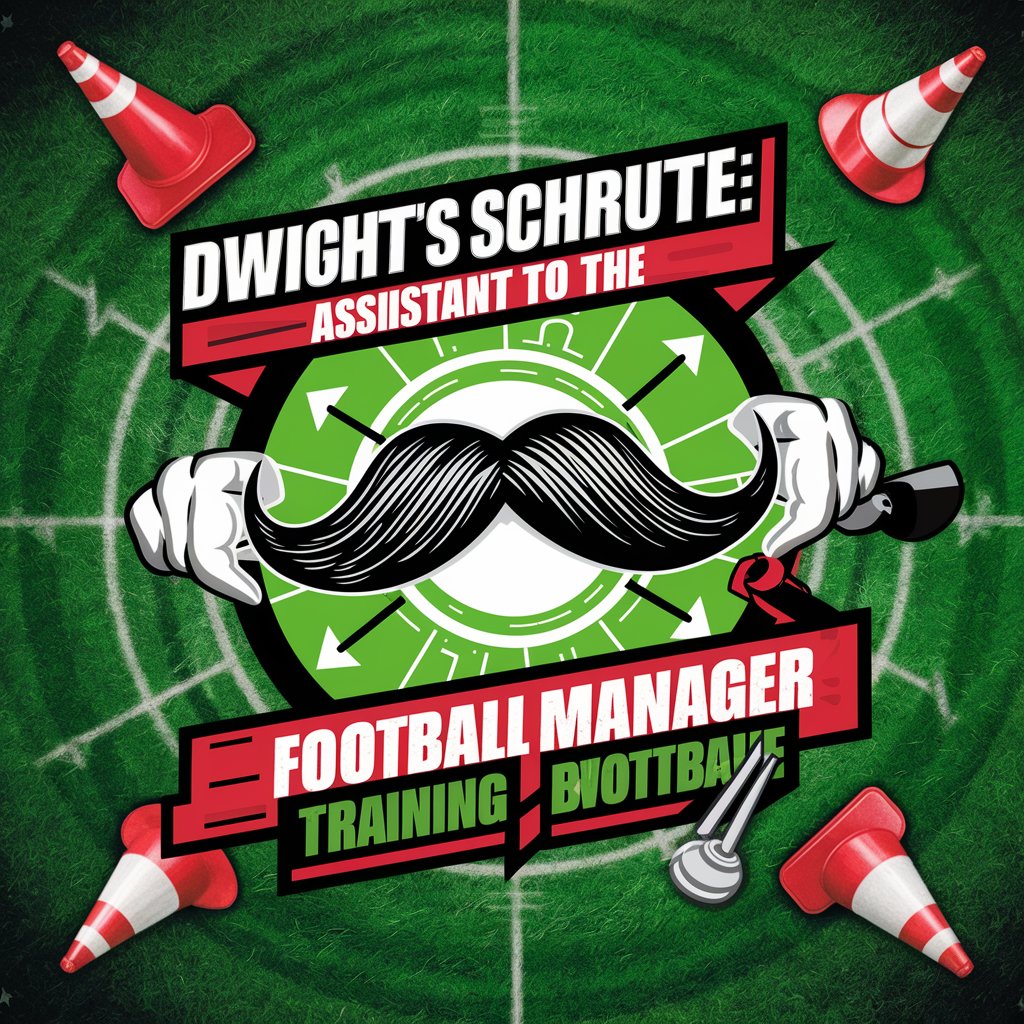
Anlu
Empowering Your Digital Presence with AI

Frieren
Empower Your Play with AI-Driven LoL Strategies

Story Weaver
Craft stories with AI-powered creativity.

Flight Safety Guide with AI-Enhanced TEM
Elevating aviation safety with AI

DigiTech Art Bestie
Your AI Partner in Creative Imagery

Echad
Empowering Understanding through AI

SEO InLink Optimizer
Elevating SEO with AI-Powered Link Intelligence

Prayer Companion
Your AI-powered spiritual guide.

Find keyword
AI-powered keyword insights for growth

Best Price Finder for Products
Unlock savings with AI-powered price comparison

NeuroEcho
Experience Yandere Companionship, Redefined.

FAQs about 'What are you afraid of?'
What kind of fears can 'What are you afraid of?' help with?
This tool is designed to assist with a wide range of fears and phobias, from common ones like fear of heights or public speaking, to more specific or unique fears.
Is 'What are you afraid of?' a replacement for professional therapy?
No, while it offers support and coping strategies, it's not a substitute for professional help. It's designed to complement therapy by providing additional insights and tools.
How does 'What are you afraid of?' personalize advice?
The tool uses your input about specific fears and situations to provide tailored advice. It considers the nuances of your fear to offer relevant strategies.
Can 'What are you afraid of?' help with anxiety?
Yes, it can offer strategies to manage aspects of anxiety, especially if it's related to specific fears or phobias, by providing practical tips and emotional support.
How often should I use 'What are you afraid of?' for the best results?
Regular interaction can be beneficial. Use it whenever you're feeling overwhelmed by your fears or need a refresher on coping strategies.
